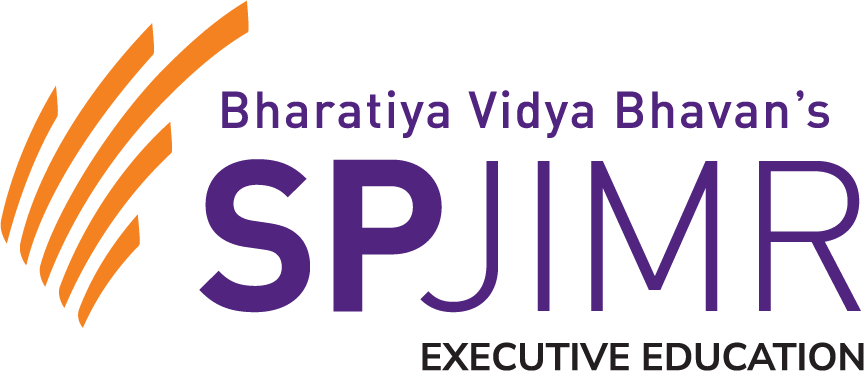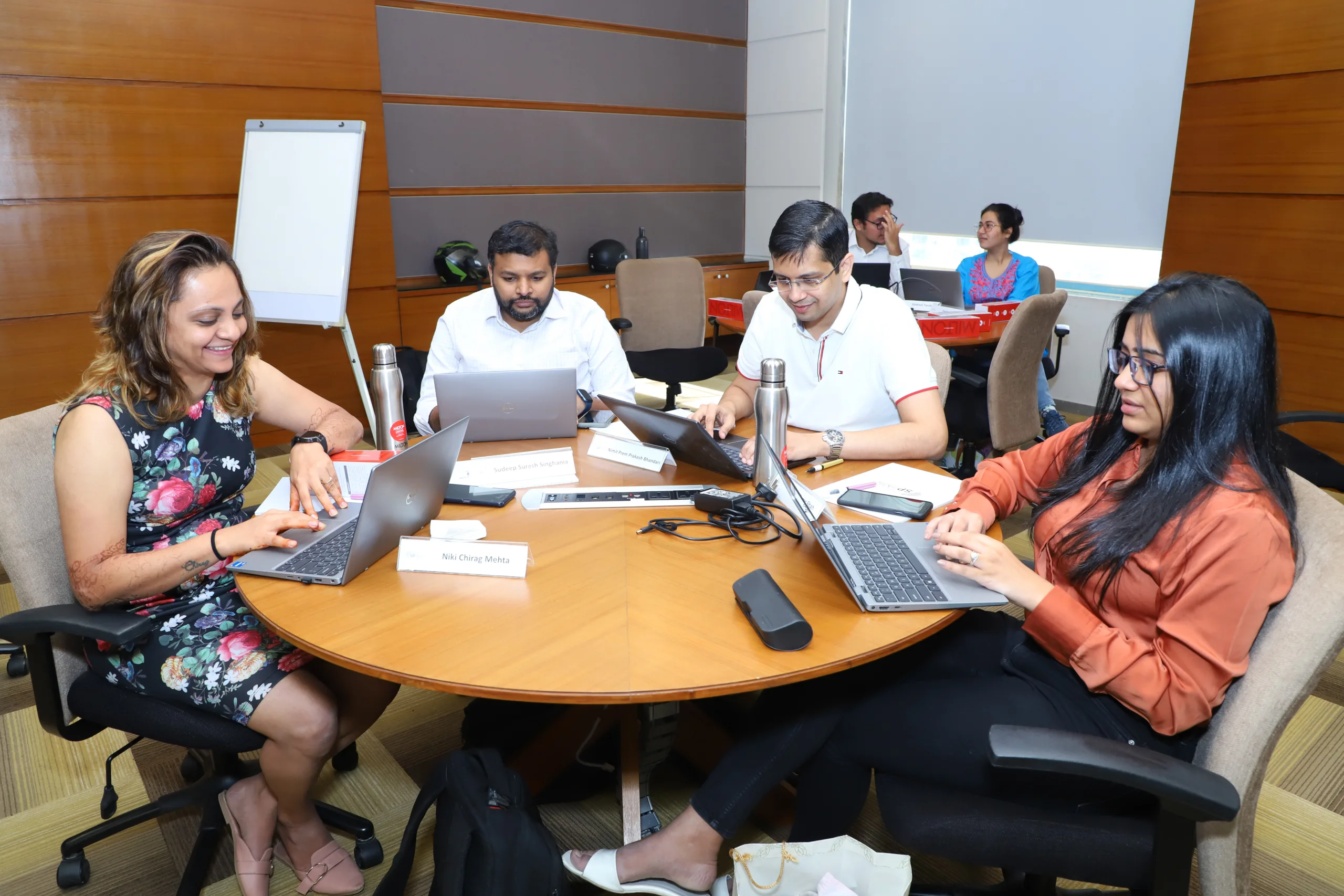- Life@SPJIMR
- Placements
- Alumni
- Newsroom
- Careers@SPJIMR
- Contact Us
- Explore Programmes
- Post Graduate
- Full-Time
- Part-Time
- Post Graduate Executive Management Programme (PGEMP)
- Post Graduate Programme in Development Management (PGPDM)
- Post Graduate Programme in General Management (PGPGM)
- Post Graduate Programme in Marketing & Business Management (PGP-MBM)
- Post Graduate Executive Programme in FinTech, AI/ML, Data Science & Blockchain (PGEPF)
- Modular
- Online
- Post Graduate Diploma in Management – Online (PGDM Online)
- Doctoral
- Fellow Programme in Management (FPM)
- Executive Education
- Open Management Development Programmes
- Custom Management Development Programmes
- Post Graduate Executive Management Programme (PGEMP)
- Post Graduate Programme in General Management (PGPGM)
- Post Graduate Programme in Marketing & Business Management (PGP-MBM)
- Entrepreneurship
- Start Your Business (SYB)
- Graduate Certificate Programme in Entrepreneurship (GCPE)
- FinNovate Accelerator
- Post Graduate
Find the programme that meets your requirements and aspirations.
Apply Now
With a legacy of over 25 years of Excellence in Executive Education, SPJIMR has always been committed to the concept of lifelong learning. Whether it is about developing skills, mindsets, roles, or even functions, SPJIMR provides solutions for all, from entry-level executives to the highest levels of leadership. We are the preferred learning partner for several large conglomerates as well as public sector and not-for-profit organisations seeking transformational outcomes.

Executive Management Programmes
SPJIMR’s Executive Management Programmes are designed for high-performing managers who want to scale new heights but cannot take a career break to enrol in a full-time management programme. Leading corporations partner with SPJIMR and sponsor candidates for these programmes to develop an internal pipeline of responsible and innovative leaders.

Management Development Programmes
The Management Development Programmes (MDPs) offered by SPJIMR are designed to equip participants with industry-relevant skills. The solutions are designed and delivered by distinguished SPJIMR faculty and leading industry experts, with an emphasis on providing real-time value. SPJIMR partners with corporations and public sector organisations to create custom programmes that cater to their unique needs and also offers a broad portfolio of open programmes for executives to advance their careers.
Facts-at-a-glance
With its legacy of over 25 years in Executive Education, SPJIMR offers cutting-edge and customised learning solutions to help businesses and individuals stay ahead of the competition. Our programmes, which are co-created and delivered by experienced faculty, leading practitioners, and industry experts, enable individuals, teams, and organisations to scale and lead in a rapidly changing business environment.
-
15000+
Number of executives trained
-
650+
Number of programmes conducted
-
40+ years
Cumulative teaching experience of faculty
-
100+
Industry partners
Partnering for Success
Major PGEMP Partners:
Major MDP Clients:
Connect with Us
- Email pgemp.admissions@spjimr.org mdp@spjimr.org execprog.delhi@spjimr.org
- Mumbai 022 - 6145 4253 022 - 6145 4200 022 - 6213 4443
- Delhi Centre 9911941090

